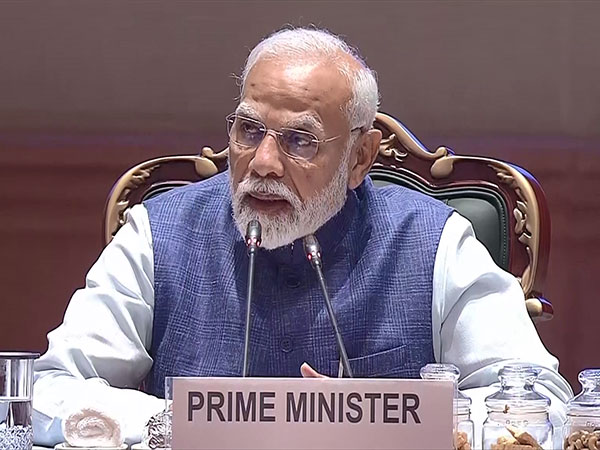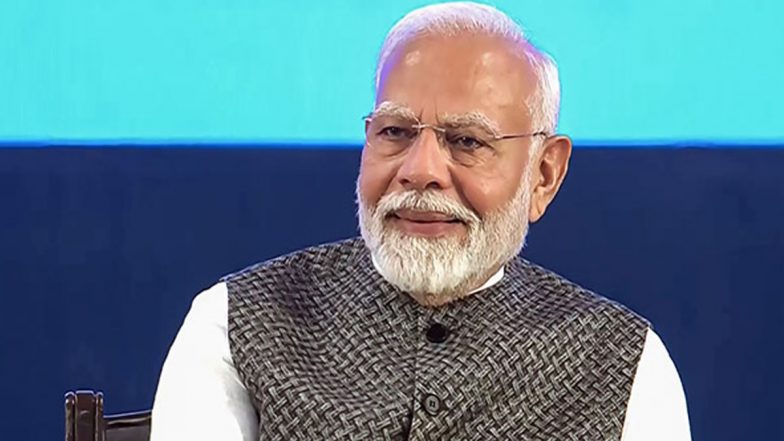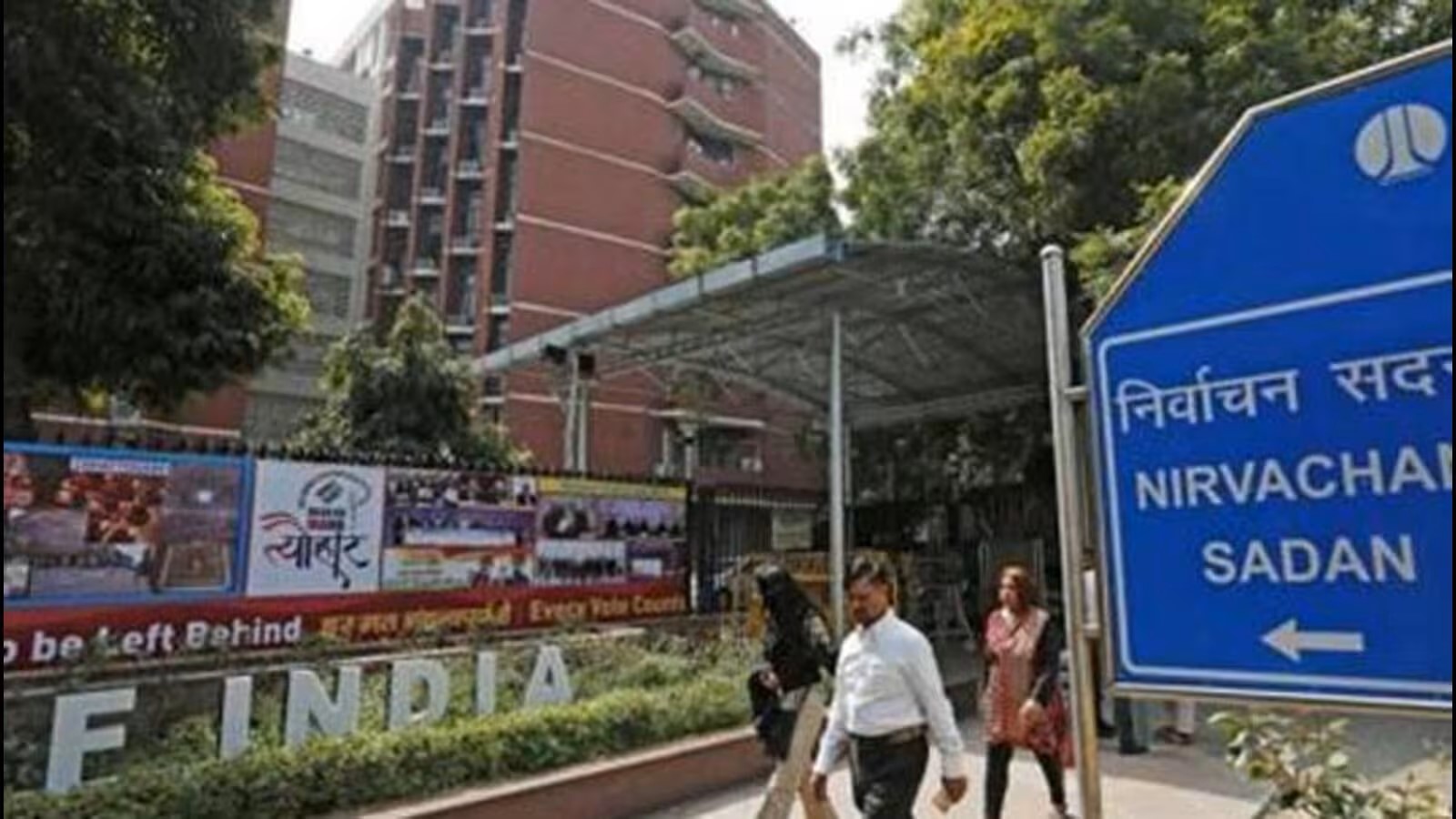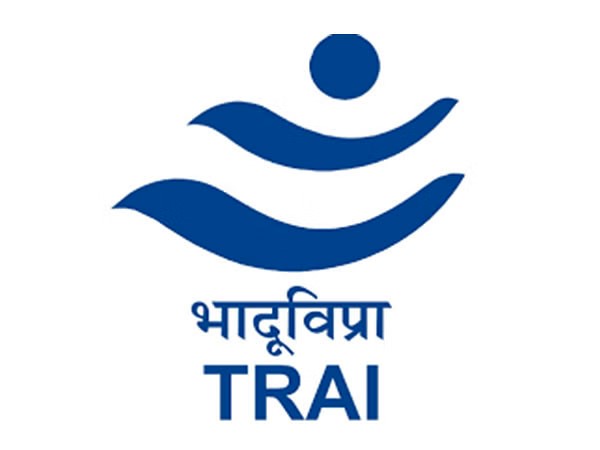India marked a significant achievement with the adoption of the Delhi Declaration during the 2nd Asia Pacific Ministerial Conference on Civil Aviation, held in New Delhi. Prime Minister Narendra Modi announced the unanimous approval of the declaration, highlighting India’s growing leadership in the global aviation sector.
 Over the two-day event, delegates from 29 countries, including ministers and policymakers, gathered alongside eight international organizations, such as the International Civil Aviation Organization (ICAO), which celebrated its 80th anniversary at the conference. Hosted by the Ministry of Civil Aviation in collaboration with ICAO, the conference addressed pressing challenges and explored future opportunities in the Asia-Pacific aviation industry.
Over the two-day event, delegates from 29 countries, including ministers and policymakers, gathered alongside eight international organizations, such as the International Civil Aviation Organization (ICAO), which celebrated its 80th anniversary at the conference. Hosted by the Ministry of Civil Aviation in collaboration with ICAO, the conference addressed pressing challenges and explored future opportunities in the Asia-Pacific aviation industry.
The adoption of the Delhi Declaration is a pivotal step towards enhancing regional cooperation, tackling emerging issues, and fostering sustainable development in civil aviation. Prime Minister Modi emphasized India’s advancements in aviation infrastructure and technology, noting that the sector has become more inclusive. He proudly shared that 15% of pilots in India are women, surpassing the global average of 5%, with further efforts underway to increase this percentage.
Reflecting on India’s aviation progress over the last decade, Modi stated that the country has shifted from being aviation-exclusive to aviation-inclusive, focusing on connecting people, cultures, and prosperity. He also proposed creating an International Buddhist Circuit, linking holy sites related to Lord Buddha across Asia, which could boost aviation, tourism, and regional economies.
Civil Aviation Minister Ram Mohan Naidu emphasized India’s commitment to sustainability, mentioning the ‘Ek Ped Ma Ke Naam’ initiative, which involves planting 80,000 saplings to commemorate ICAO’s 80th anniversary. He also shared India’s ambitious plan to establish 350-400 airports by 2047, reinforcing the nation’s pivotal role in global aviation.
ICAO Council President Mr. Salvatore reiterated the importance of maintaining safety and security in aviation, while India’s Civil Aviation Secretary Vumlunmang Vualnam stressed the need for a collaborative approach involving top industry leaders and international organizations.
One of the conference’s key moments was ICAO’s presentation on establishing a liaison office to support Pacific Small Island Developing States in overcoming aviation challenges. Additionally, the event celebrated the 80th anniversary of the Chicago Convention, which has played a critical role in shaping international aviation standards.
With the formal adoption of the Delhi Declaration, the conference set a roadmap for future cooperation and growth in the Asia-Pacific region’s civil aviation sector.




